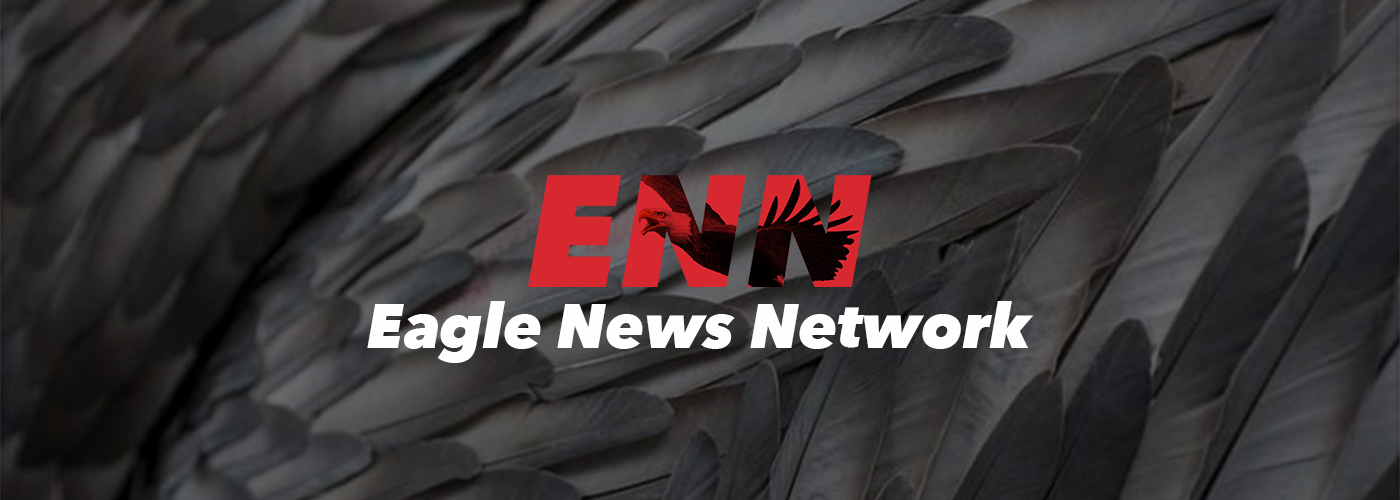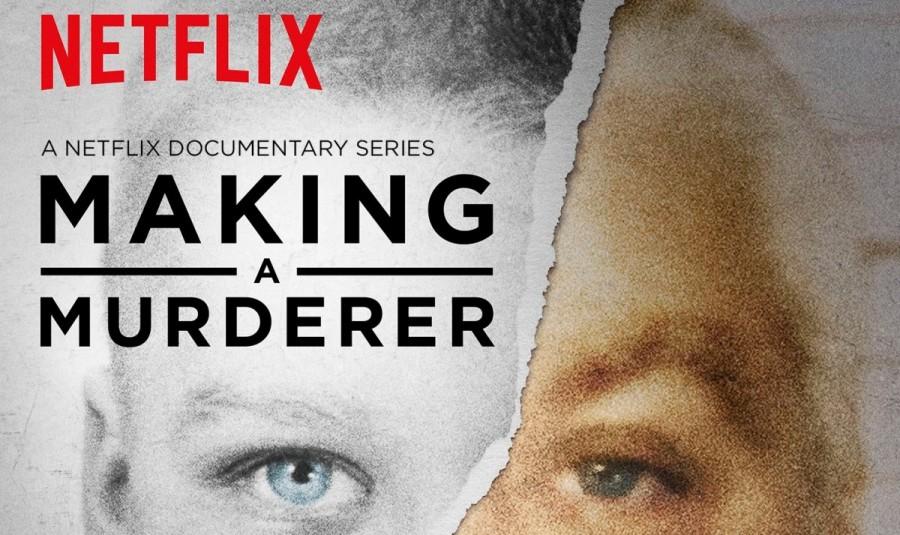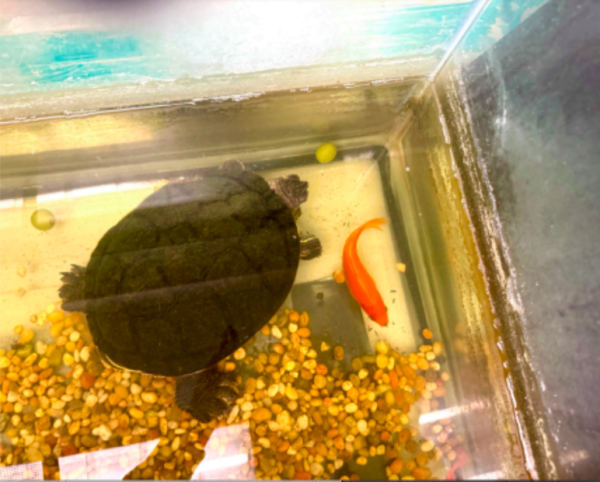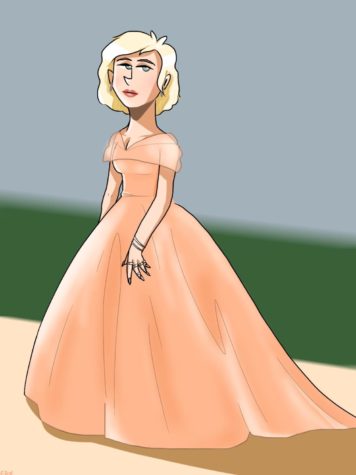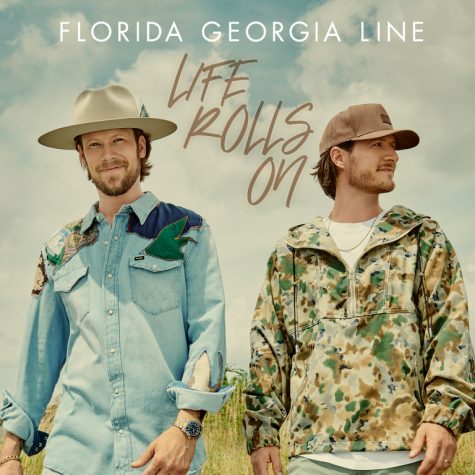Making a Murderer or Proving the Truth
Truth and trust go hand in hand; it is difficult to believe the truth if it comes from an untrustworthy source and trust is established from a dependency on truth. So, what happens when neither the truth nor trust is clear? This is a question I rarely thought about before watching Laura Ricciardi and Moira Demos’s documentary, “Making A Murderer”.
This documentary at its core is an attempt to address what happens when the judicial system fails an individual. However, there are so many other topics of thought and discussion that result from this ten-hour series.
After I finished the first episode, I wondered how the documentarians could possibly stretch this story into nine more episodes. After the last episode, I wondered how the documentarians could have possibly ended with only ten episodes.
The basis of the story is that a resident of Manitowoc County, Wisconsin, Steven Avery, was wrongfully convicted of a rape that put him in jail for 18 years. When he was released after new evidence came in that proved his innocence, he decided to sue Manitowoc County for his incorrect sentencing. During his fight for compensation, he was arrested for a murder of a woman named Teresa Halbach.
Think I spoiled the show? This all happened within the first episode. The next nine episodes cover the entire murder trial, as well as Steven’s nephew’s, who is arrested for being an accomplice, trial.
The documentary revolves around Steven Avery, so only the preparation of the defense side of the case is shown. Many critics say that for this reason, the show is swaying the viewer to think that Avery is innocent.
For me, my thoughts on the innocence or guilt of Steven Avery were a constant pendulum swinging back and forth. Whenever further evidence was provided in the show, I would sway one way or the other. This story is so captivating that it leads me to still be questioning what the right decision for this case was.
Not only is this documentary captivating due to the case itself but also because of its portrayal of the U.S. legal system. It illustrates every step of the legal system from arrest to post-verdict measures.
I had no interest in learning about any career in law but the lawyers in this series showed such ingenuity in the different angles they took for their respective sides that even being a lawyer seems like a pretty cool job to me.
So, if you enjoy struggling with coming up with a decision or are an aspiring lawyer, this documentary is for you. If you are like me and have trouble fully committing to one side of a controversy, still watch it, it is fantastically addicting.

